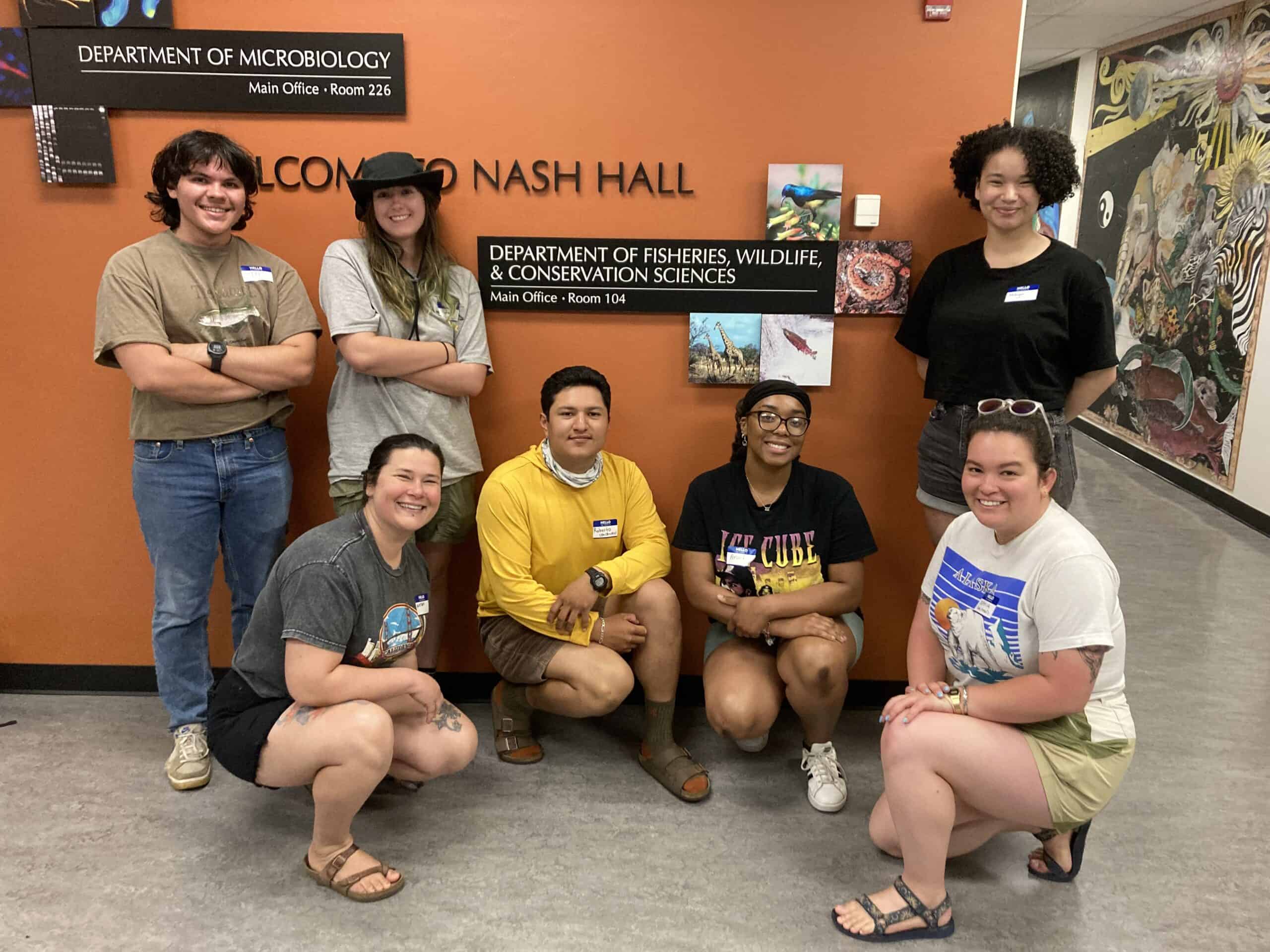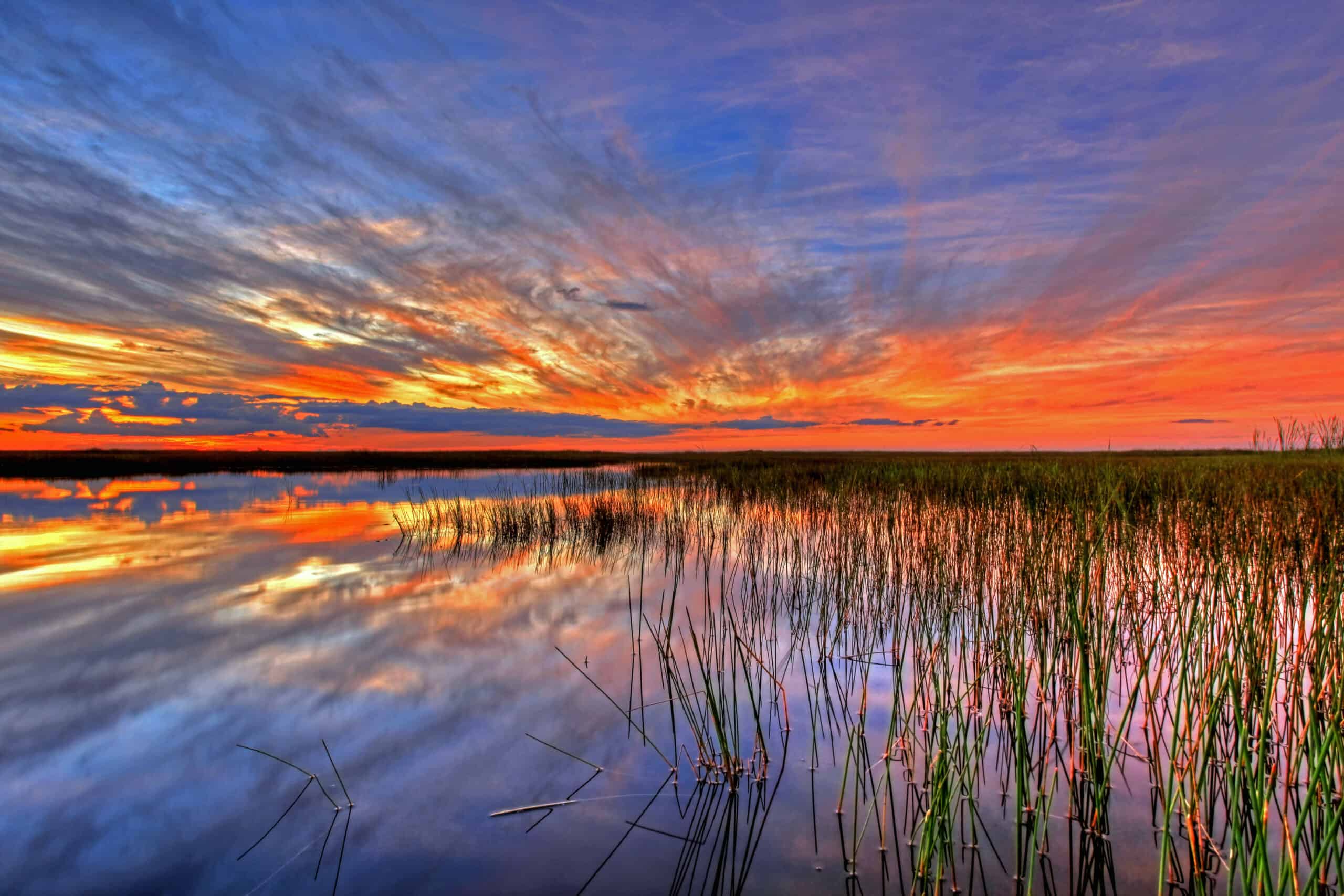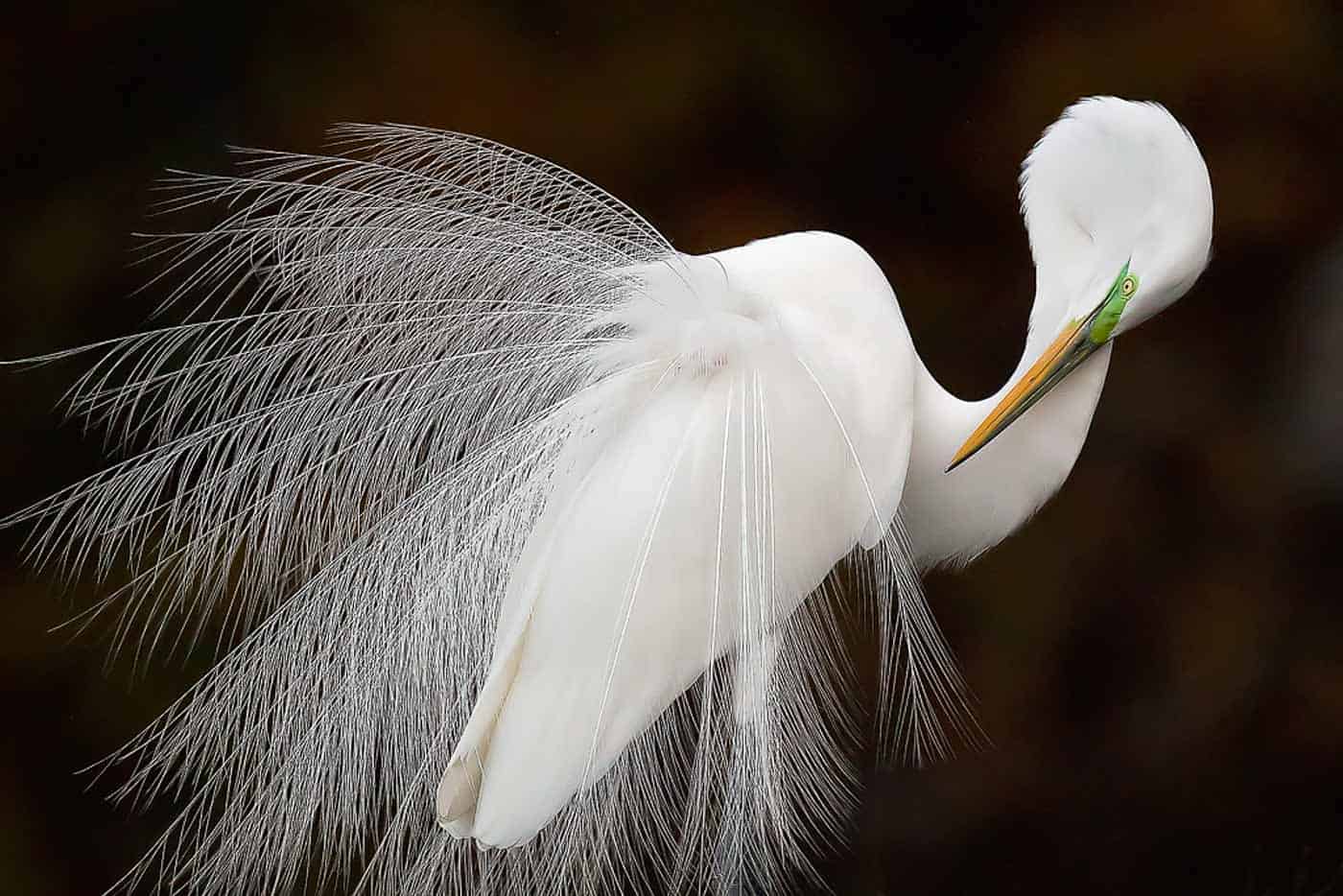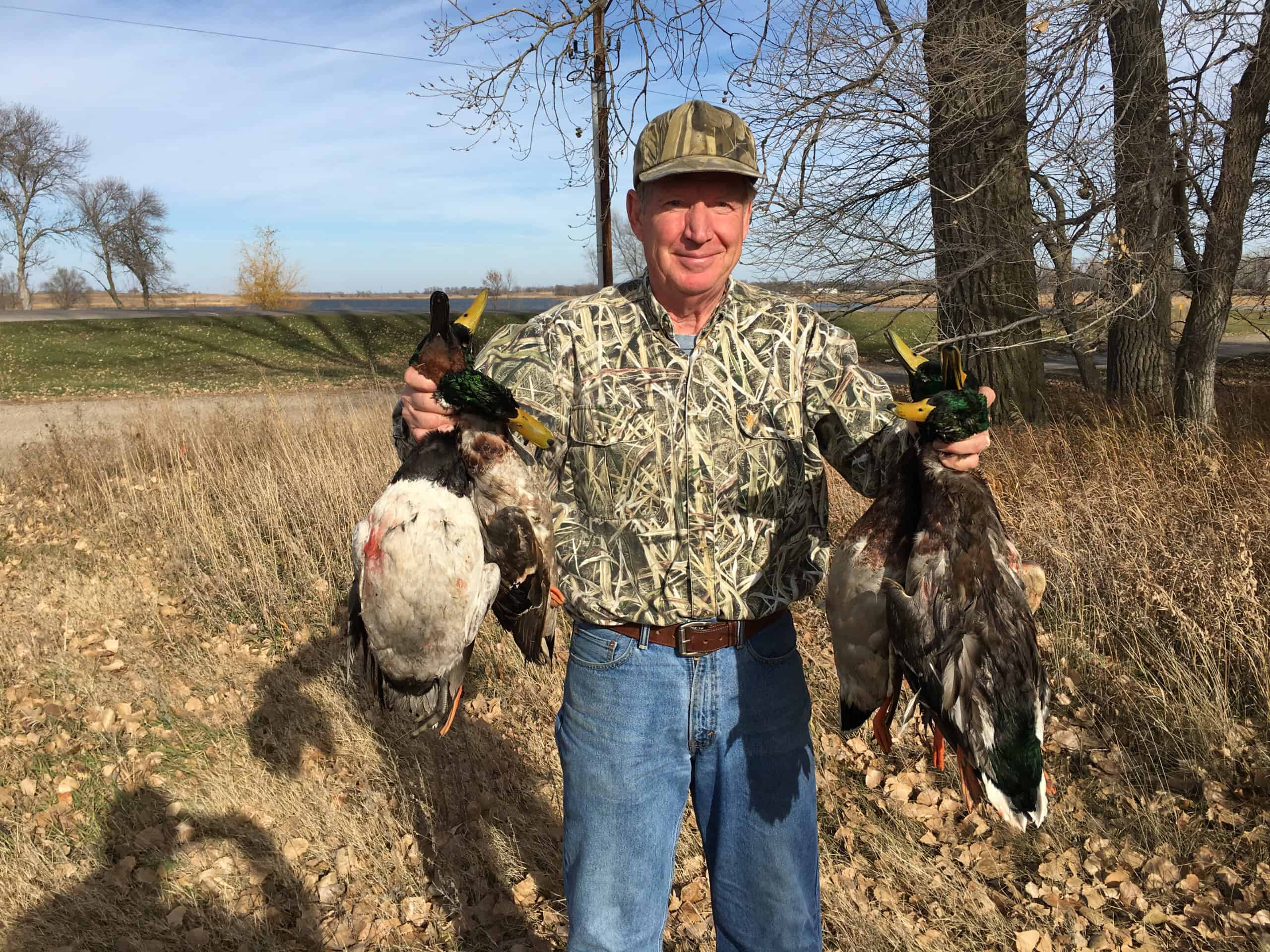Share this article
TWS Awards: VIEW Fellows seize opportunities to diversify wildlife profession
The Vanguarding an Inclusive Ecological Workforce Fellowship supports underrepresented students for 10-week research programs
Thanks to support from a fellowship program from Oregon State University, students underrepresented in the wildlife field have gone on to work for the U.S. Geological Survey tracking Burmese pythons, earn competitive national scholarships, become presidents of TWS student chapters and more.
These successes have earned Vanguarding an Inclusive Ecological Workforce—or VIEW— Fellowship the TWS Diversity Award this year.
“I want to see this program and this model replicated at other universities,” said Shalynn Pack, the Internship Coordinator for OSU’s Department of Fisheries, Wildlife, and Conservation Sciences and advisor of the OSU student chapter. Pack, along with colleagues Dana Sanchez, the 2013 recipient of the Diversity Award, FWCS faculty, and Selina Heppell, FWCS department head, helped form the idea of the VIEW program and get it funded and off the ground.
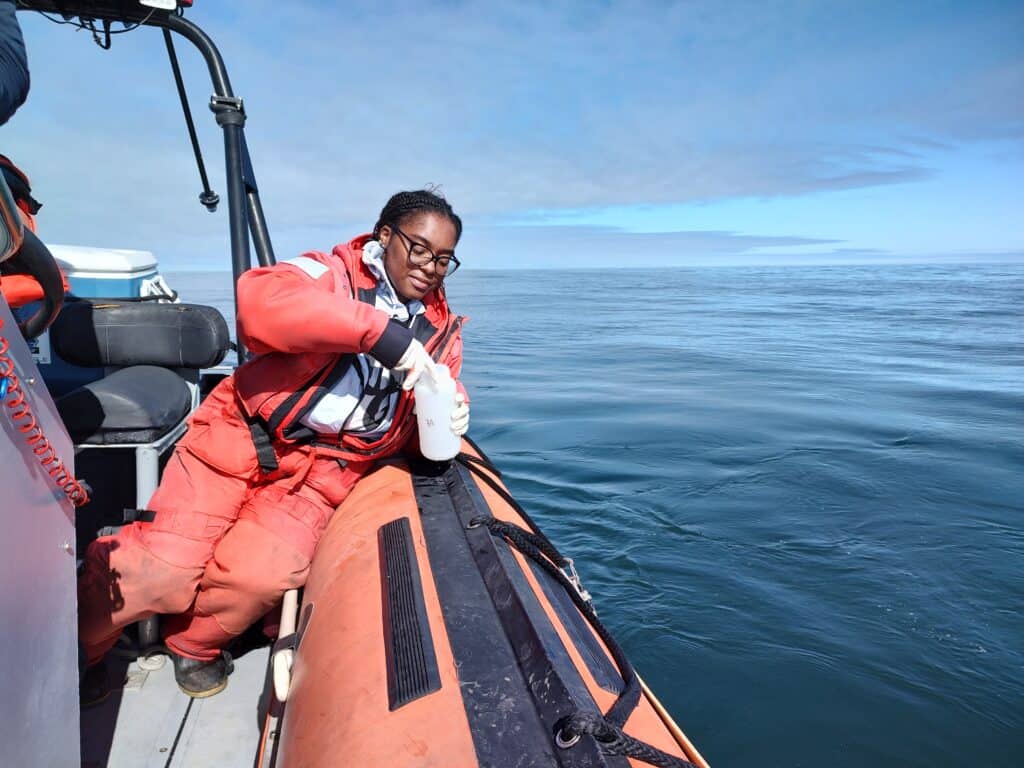
The VIEW Fellowship has helped provide field experiences to minority students since 2021—and pays them for it. The program targets undergraduate students who have an interest in wildlife biology, even if they haven’t declared it as their major. Applicants also don’t have to be students at OSU. Those at other universities as well as community college are eligible, too.
“We want undergraduates who have a lot of interest and are really excited about the wildlife and conservation field, but they’re lacking that first experience, to be able to put their foot in the door,” Pack said. “These students identify as being from communities that have been historically excluded or are currently underrepresented in our field.”
So far, VIEW has hosted six undergraduate students in 2021, seven in 2022 and eight in 2023. Pack and her colleagues use unconventional methods to find students for the fellowship, including reaching out to cultural centers, Tribal organizations and other groups. “If we want to diversify our workforce, we’ve got to look beyond our current networks and get people who are interested and want to enter the wildlife fields,” she said.
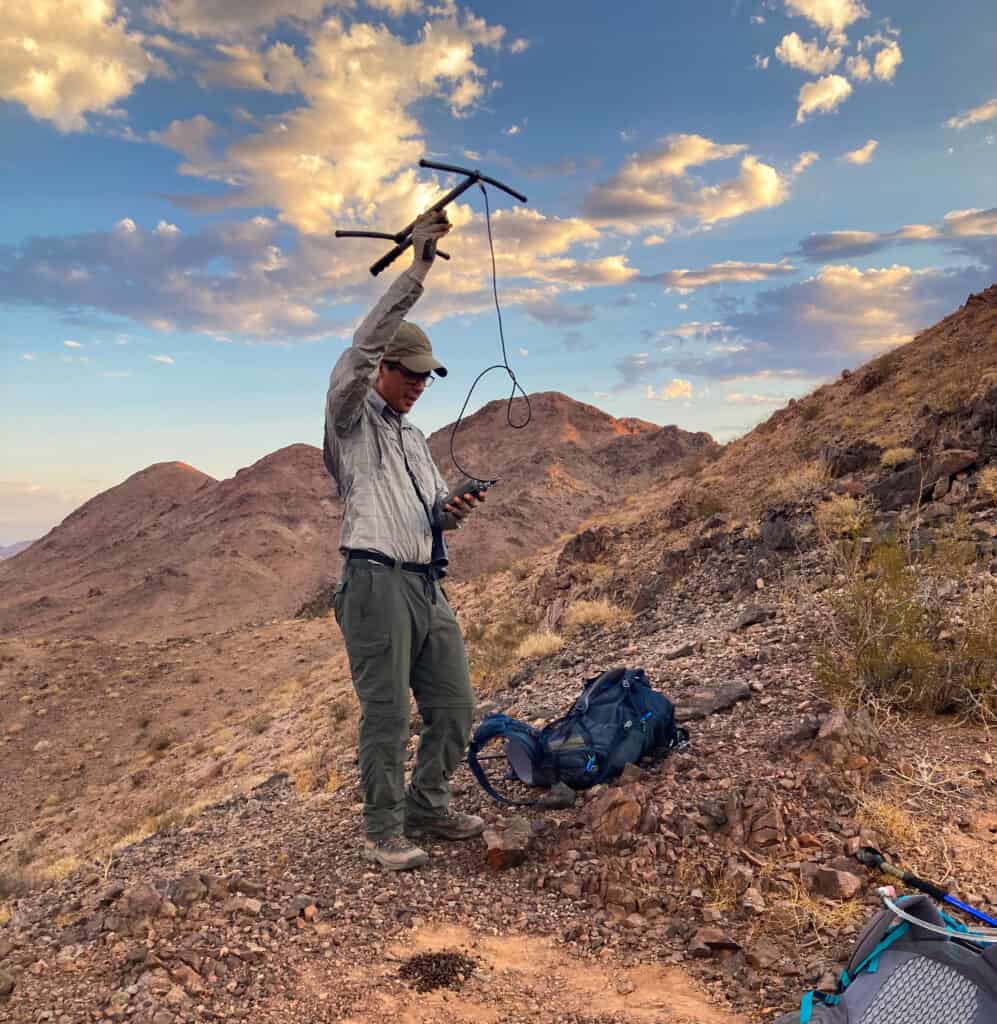
As part of the fellowship, students work for 10 weeks at paid, mentored research programs. Each student is paired with a faculty mentor from the Department of Fisheries, Wildlife, and Conservation Sciences. Students have been involved in research ranging from surveying salamanders and macroinvertebrates at the H.J. Andrews Experimental Forest in the Oregon Cascades, to tracking bighorn sheep (Ovis canadensis) in the Mojave, to working with gray whales (Eschrichtius robustus) at the Hatfield Marine Science Center on the Oregon Coast. The fellowship also pays for housing, and costs are shared between the department, faculty and donors.
Students take part in professional development activities including workshops on topics like presenting research and composing resumes. Meeting with other students also helps them build social bonds, Pack said.
“Our students build a social cohort and stay connected with each other and with their mentors,” Pack said. “We want to see students come back to our graduate programs, get their master’s and PhD in wildlife science and enter the field.”
Pack is honored to receive TWS’ Diversity Award for the VIEW Fellowship. “This award will help us grow the VIEW Fellowship to empower even more stellar students from diverse backgrounds,” she said. “We hope it will inspire other institutions to develop similar programs. By improving how they recruit, screen and mentor early-career professionals, wildlife organizations can create life-changing and inclusive programs that diversify our field.”
Header Image: A group photo of the 2023 cohort of the Vanguarding an Inclusive Ecological Workforce Fellowship. Credit: Shalynn Pack



